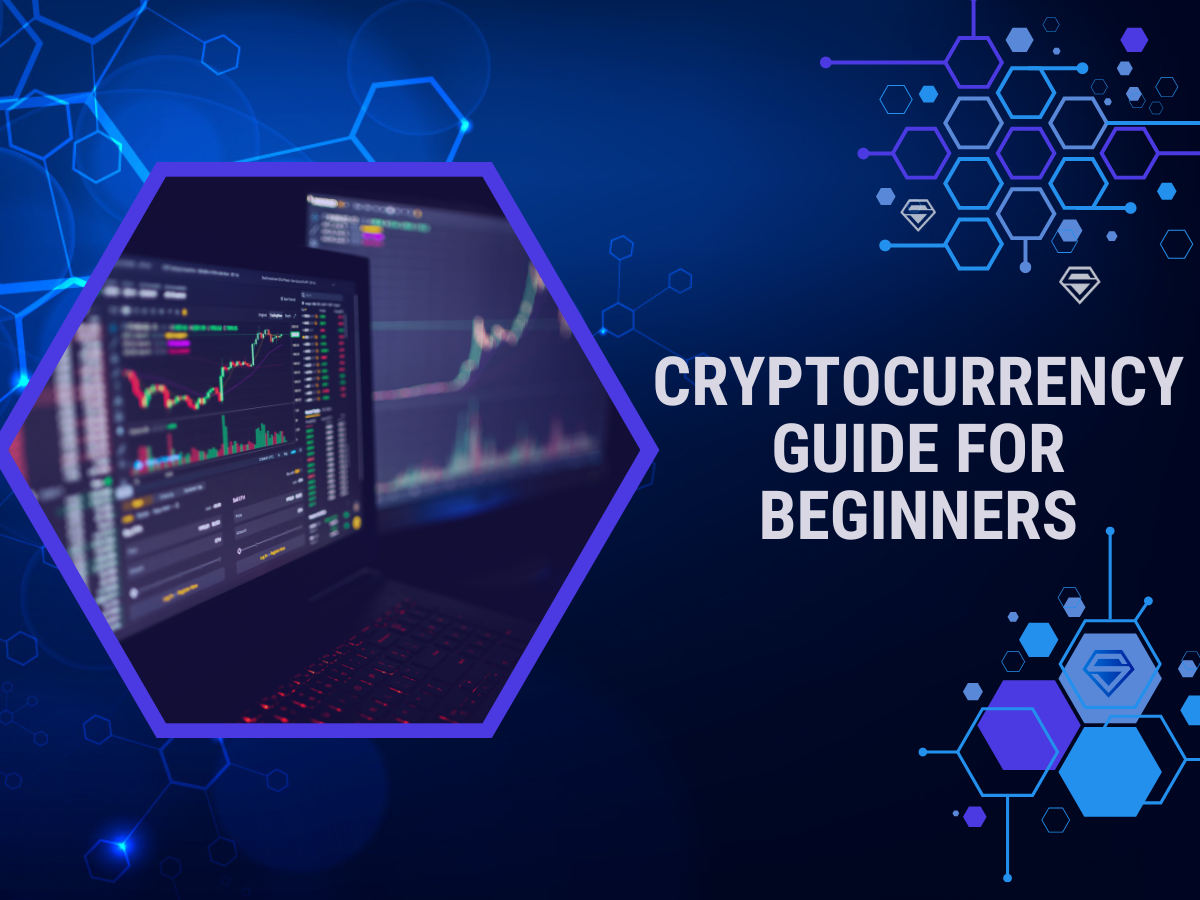
02. October, 2023
Crypto and Forex Security 101: Protecting Your Investments
In an era of financial evolution, where cryptocurrencies and forex trading have become mainstream investment options, safeguarding your hard-earned money is paramount. As a part of the dynamic and tech-savvy demographic that believes in the potential of cryptocurrencies and forex trading, you understand the importance of securing your investments.
Thus, in this comprehensive guide, we will equip you with the knowledge and tools needed to navigate the crypto and forex markets safely.
Common Security Risks in Crypto and Forex
Cryptocurrency and forex trading are both high-risk investment options, and security risks are one of the biggest concerns for traders. Some of the most common security risks in crypto and forex include:
Hacking and Phishing Attacks
Hacking and phishing attacks are two of the most common types of cyber security threats that crypto and forex traders face. Hackers can gain access to trading accounts and steal funds through a variety of methods, including phishing emails, malware, and social engineering attacks.
Phishing attacks are attempts to trick users into revealing sensitive information, such as login credentials or credit card numbers. Phishing emails often appear to be from legitimate companies, such as banks or brokers, but they actually contain malicious links or attachments.
Ponzi Schemes and Scams
Ponzi schemes are fraudulent investment operations that promise high returns to investors, but these returns are actually paid out of new investors’ money. Ponzi schemes eventually collapse when there are not enough new investors to fund the promised returns.
Crypto and forex scams can take many different forms, but they all share one common goal: to steal investors’ money. Some common scams include fake brokers, fraudulent investment platforms, and ICO scams.
Regulatory and Legal Risks
Cryptocurrency and forex trading are both relatively new and unregulated markets. This means that there is less legal protection for investors if they become victims of fraud or other security breaches.
In addition, there is a risk that governments could crack down on cryptocurrency and forex trading in the future. This could lead to losses for investors if their assets are seized or if they are unable to withdraw their funds.
In 2014, the Mt. Gox exchange was hacked, resulting in the theft of over 850,000 bitcoins worth over $500 million at the time. Another example occurred In 2020 when the Bancor exchange was hacked, resulting in over $23 million in cryptocurrency theft.
Crypto Security and Forex Security
Thankfully, there are best practices that you can follow to make sure that you don’t fall for any of these scams. Read on below.
Secure Your Digital Wallets
Understand the differences between hot wallets and cold wallets and choose the one that suits your needs.’
- Hot wallets: These are connected to the internet, making them more convenient to use for everyday transactions. However, they are also more vulnerable to hacking attacks.
- Cold wallets: These are not connected to the internet, making them more secure. However, they can be less convenient to use for everyday transactions.
Best Practices for Wallet Security
Here are some best practices for wallet security:
- Use a strong password and enable two-factor authentication (2FA) on your wallet.
- Keep your wallet software up to date.
- Be careful about clicking on links in emails or social media posts that claim to be from your wallet provider.
- Back up your wallet regularly and store the backup in a safe place.
- Only store as much cryptocurrency in your hot wallet as you need for everyday transactions.
Choose a Reputable Forex Broker
When choosing a forex broker, it is important to research the broker’s reputation and history. Read reviews from other traders and make sure the broker is regulated by a reputable financial authority. This will help to protect your funds in the event that the broker goes bankrupt or is involved in fraudulent activity.
The Role of Two-Factor Authentication (2FA)
Two-factor authentication (2FA) is an additional security measure that can be used to protect your forex trading account. When 2FA is enabled, you must enter a code from your phone and your password when logging in to your account.
2FA can help to protect your account from unauthorized access, even if an attacker has your password.
Safe Trading Practices
Identifying Reliable Investment Opportunities
When identifying reliable investment opportunities in crypto and forex, it is important to do your research. Learn about the underlying technology and use cases of any cryptocurrency or forex pair you are considering investing in.
Analyze the historical performance of the asset and its market capitalization. Read news and articles from reputable sources to stay informed about the latest developments in the market.
Avoiding “Too Good to Be True” Promises
If an investment opportunity sounds too good to be true, it probably is. Be wary of any investment that promises guaranteed returns or high profits with little risk.
Risk Management Strategies
Risk management is essential for successful trading in crypto and forex. Some key risk management strategies include:
- Setting Stop-Loss Orders: A stop-loss order is an order to sell an asset when it reaches a certain price. This can help to limit your losses if the market moves against you.
- Diversifying Your Portfolio: Don’t put all of your eggs in one basket. Diversify your portfolio by investing in a variety of different cryptocurrencies and forex pairs. This will help to reduce your overall risk.
Staying Informed about Market News and Trends
The crypto and forex markets are constantly moving, so it is important to stay informed about the latest news and trends. This will help you to make informed investment decisions.
How to Protect Yourself from Scams
Recognize Common Scams
There are many different types of cryptocurrency scams, but some of the most common include:
- Pump-and-Dump Schemes: Scammers work together to artificially inflate the price of a cryptocurrency, and then sell their coins at a high profit before the price crashes.
- Fake ICOs (Initial Coin Offerings): Scammers create fake ICOs with the goal of stealing investors’ money. These ICOs may have fake websites, white papers, and teams.
Verify the Legitimacy of Crypto Projects
There are a few things you can do to verify the legitimacy of a crypto project:
- Research the team: Look into the team behind the project and see if they have experience in the cryptocurrency industry.
- Read the white paper: The white paper should explain the project in detail, including its goals, technology, and tokenomics.
- Check the community: See if the project has a large and active community. This is a good sign that the project is legitimate and has support from investors.
Report Scams
If you think you may have been the victim of a crypto scam, you should report it to the authorities. You can also report scams to the following organizations:
- Securities and Exchange Commission (SEC)
- Commodity Futures Trading Commission (CFTC)
- Federal Trade Commission (FTC)
To avoid crypto scams, it is important to be vigilant and to educate yourself about the different types of scams that exist. Here are some additional tips:
- Never give out your private keys to anyone.
- Be wary of unsolicited investment opportunities.
- Do your research before investing in any cryptocurrency project.
- Don’t click on links in emails or social media messages from people you don’t know.
- Use a hardware wallet to store your cryptocurrency.
Final Thoughts
Safeguarding your investments in the world of crypto and forex is not merely an option; it’s an absolute necessity. As we’ve explored in this blog, the digital landscape is rife with potential threats, from hackers and scammers to market volatility. However, by following the key principles of security discussed here, you can significantly reduce your risk and enjoy a more secure investment experience.


